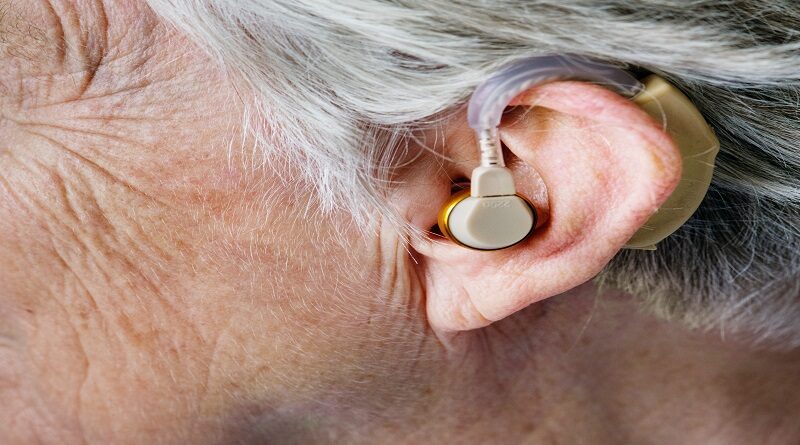Postgraduate courses in Audiology
Audiology is a very important area of study for many people and can play a role in enhancing the quality of peoples’ lives. Are you caring, compassionate, a critical thinker and a problem solving attitude? If so, a postgraduate course in Audiology could be exactly what you’re looking for.
Have a look below at the information about Audiology and kickstart your postgraduate study right here, right now!
What is audiology?
Audiology is an area of science that studies hearing, balance and related disorders. It involves different testing to be carried out in order to help prevent damage and hearing loss or to treat those who already have hearing loss.
As an audiologist this will be one of your main roles. You will carry out this testing to help those with hearing difficulties and determine different peoples’ sensitivities to certain sounds. You will play a role in preventing damage being done or hearing deteriorating. In doing so, you will actively prevent related damage being done. You will assess, test and manage disorders related to hearing, balance and the neural systems.
To be an audiologist you will generally need a postgraduate degree in the area as Master’s degrees are mostly desired or required. In this role you will generally work around 37-38 hours weekly. It is a Monday to Friday job, though that will depend on your employment type. If you are working within the NHS, you will work Monday-Friday and have weekends free.
Courses
There are many courses on offer in the area across the UK. Some courses offer the opportunity to study either part time or full time. Universities may have certain restrictions in place due to Covid-19 and may offer courses online. Courses available include:
Audiology
Postgraduate courses in Audiology will provide students with the opportunity to learn audiology techniques in practicals, be introduced to patient care in audiology clinics as well as discover different areas in depth such as cochlear implantation. Modules that will be covered include Rehabilitation of Auditory Disorders, Paediatric Audiology, Clinical Audiology, Fundamentals of Audiology Implants Physiology and psychology of hearing and Assessment and Management of Vestibular Disorders among many more areas.
There are also courses available such as Audiology and Hearing Disability Research, Audiological Science with Clinical Practice and Audiological Sciences as well as a course in Ear Institute and many others also in this field.
Advanced Audiology: Audiovestibular Medicine
A postgraduate course in Advanced Audiology will allow students to gain and develop the necessary skills and knowledge to work in audiovestibular medicine. You will gain speciality training and learn about key theoretical foundations that inform evidence-based practice and translational research in the area. Modules covered include Anatomy and Physiology of Audio Vestibular System, Signals, Systems, Acoustics and the Ear, Research Methods and Statistics and a research project will also be required.
Entry requirements
Entry requirements may differ from course to course or university to university. Therefore, it is important to research your specific course in detail to ensure you meet the entry requirements. As these courses are postgraduate courses, you will need a bachelor’s degree. Some courses may accept a 2.2 degree while others will require a 2.1 in a relevant area.
Salary
Your salary in this area will depend on multiple variables. These include your experience and your employment. It is believed the salary of an audiologist can range anywhere from £27,000 to £45,000 and depending on the band you’re working in within the NHS, for example, this may be higher again. Like any job, starting out your salary will be lower and will rise with experience. Some salaries exceed £80,000. It is hard to put an exact or average figure on this salary as it can be down to the individual. Figures are based on estimates and are intended to be used as a guide only.
Related jobs
- Audiologist
- Forensic Audiology
- Animal Audiology
- Occupational Therapist
- Psychoacoustician
- Optometrist
- Physical Therapist
- Recreational Therapist
Skills and requirements:
Skills and requirements helpful in this area include
- Excellent communication skills
- Understanding
- Excellent verbal skills
- Customer service skills
- People skills
- Time management
- Organisation skills
- The ability to work well with others
- Thinking and reasoning skills
- Critical thinking skills
- Patience
- Problem solving skills
- Compassion
- A friendly manner




